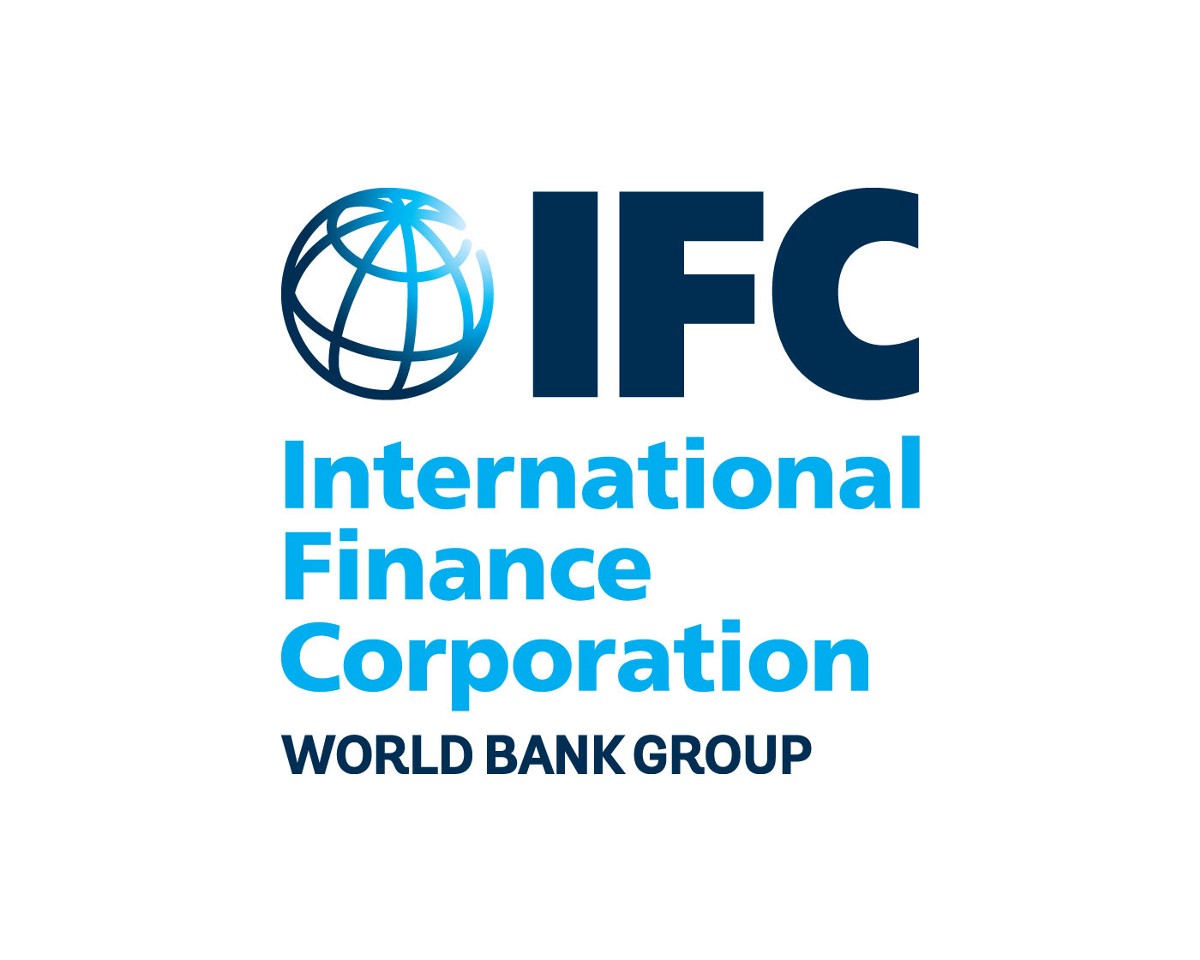IFC, a member of the World Bank Group, announced today the formal completion of a landmark agreement to improve kidney dialysis services in the Kyrgyz Republic.
Fresenius Medical Care, the world’s leading provider of dialysis products and services, is due to set up four advanced dialysis centers in Bishkek and three other densely populated regions to provide the lifesaving treatment. Only 20 percent of Kyrgyz patients that need dialysis currently have access to it through public health facilities. The company entered a public-private partnership agreement with the Kyrgyz Republic earlier this year to provide the service, which came to a financial close today.
“Our main objective is to provide the growing number of dialysis patients around the world with the best treatment possible,” said Joachim Seyfang, Executive Vice President for Eastern Europe, Middle East and Africa, Fresenius Medical Care. “We are pleased to have the opportunity to offer state-of-the-art dialysis services to patients in the Kyrgyz Republic.”
The project, led by IFC and supported by KfW on behalf of the German Ministry for Economic Cooperation and Development, is the first public-private partnership in the country. Fresenius Medical Care will provide the hemodialysis services, which will then be reimbursed by the Kyrgyz government, a perfect example of the private delivery of services using public financing.
“We are pleased to have supported the Kyrgyz government on structuring a private-sector-led solution to the provisioning of quality health services in the country and look forward to a successful implementation of the private hemodialysis centers,” said Moazzam Mekan, IFC Regional Manager for Central Asia. “This PPP agreement highlights how governments and the private sector can work together on key infrastructure projects to provide crucial services to their citizens.”
IFC helped the Kyrgyz Ministry of Health structure the project and carry out an international bidding process that was ultimately awarded to Fresenius Medical Care. The project preparation was initiated and financed by German Development Cooperation, through KfW, and supported by the governments of Austria, Hungary and Switzerland.




